April 19, 2025 | 13:21 GMT +7
April 19, 2025 | 13:21 GMT +7
Hotline: 0913.378.918
April 19, 2025 | 13:21 GMT +7
Hotline: 0913.378.918
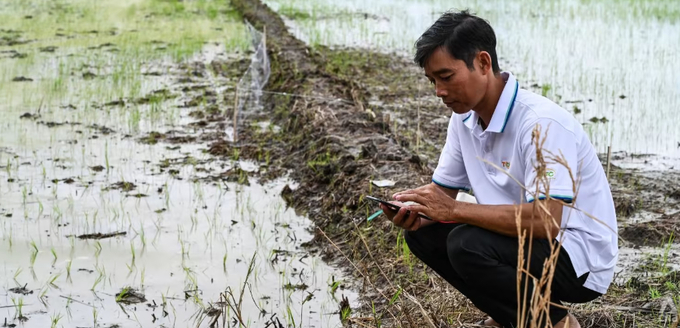
Nguyen Phuoc Hung is a keen user of a farming application. Photo: Jack Board/CNA
At the end of the line for the Mekong River, Southeast Asia’s longest and probably most important waterway, there are signs of man’s attempts to both brave and harness nature.
After some 5,000km from its headwater in the Tibetan plateau, the Mekong flows through six countries and eventually ends up emptying out into a complex series of vein-like canals that run into the sea.
At that precise point, a series of wind turbines sit offshore, harnessing the coastal breezes to provide clean power to the region. Nearby, a sea wall structure that overall stretches for 23km in Bac Lieu province, tells another story - of a battle with the tides.
Widespread erosion along the coastline and saline intrusion, the influx of salty water into freshwater aquifers, are undermining the Mekong Delta - Vietnam’s food bowl.
At the same time, the flow of the once indomitable river has been further jeopardised by the construction of large hydropower dams, which impact the seasonal flood pulse.
Climate change - especially impacts on rainfall and rising sea levels - and unsustainable human development have formed a perilous cocktail deep in the delta. And millions of people face an increasingly uncertain future as a result.
“Due to climate change and a very wrong way of using resources from the Mekong, people here have lost a lot of their livelihoods, they are losing their shelter, they are losing their water and millions of people have had to move to other provinces to work,” said Hoang Phuong Thao, the country director of anti-poverty organisation ActionAid Vietnam.
The Bac Lieu shoreline is muddy and littered with debris. Along here, communities used to exist in small hamlets, but have since been moved on to areas further away from the encroaching sea. A project to reinstall mangroves here - a natural method to slow down erosion is in the planning stages.
As salt has slowly invaded, more farmers have turned to shrimp growing ventures, instead of fruit, vegetables or rice, which have a low tolerance to saline-affected water.
The saltwater intrusion phenomenon is a symptom of multiple, simultaneous environmental problems. Southern Vietnam is low lying and extremely vulnerable to sea level rise driven by climate change.
Combined with coastal erosion and more regular periods of drought, the lack of fresh water, especially in provinces close to the sea, is becoming problematic.
As a result, underground water resources have been contaminated, the Mekong is facing serious saltwater intrusion and farmers are seeing their crops fail more often.
Upriver dams in China, Laos, Thailand and Cambodia - some of which are Vietnamese-funded - are taking water out of the river system during the wet season when it is needed and putting it back in during the dry season.
“We've learned that the impacts of these dams are the greatest when the climate impacts are the greatest - when the rains aren't coming as much as they should be,” said Brian Eyler, director of the Stimson Centre Southeast Asia programme and the co-lead on the Mekong Dam Monitor, a public data platform that assesses the impact of hydropower projects and climate impacts on the river basin.
“When you mess with that rhythm, then you're increasing food security concerns and water security concerns within that shared space of Vietnam and Cambodia,” he said.
It is a stark outcome in a region that has long held the country’s bounty and half of its entire rice production.
FINDING FIELD INNOVATIONS
For rice growers, the delta has always provided. Its lush soils enriched by ample river water and sediments have made the region an economic powerhouse and its generations of farmers secure.
Now, many of those farmers, armed with an ingrained knowledge of the land, are assessing their options. For some, it means looking at adapting agricultural technologies. Others are joining together in cooperatives, and the most desperate are dead-ending their livelihoods and turning to the lights - and assured wages - of the city.
In the peak of the flood season, the rice fields of Tinh Bien district in An Giang province are verdant. This year has been a productive one for local farmer Nguyen Van Chon. But every season is different now and the Mekong does not flow like it always used to, the 40-year-old lamented.
Drought has become a feature of a normally lush landscape - a state of emergency was declared in 2020 amid a threat of rising salinity and widespread water shortages.
“The water comes unpredictably. Water is not as usual compared to the times of our grandparents. When it is not as usual, it's a bit more difficult for me to cultivate,” Nguyen said.
Farmers like him rely on canals connected to the Mekong to keep their fields irrigated. Rice is a thirsty crop and water is a commodity with costs and limits when nature cannot provide.
“My grandparents said the river is the source of life. If you live with water, it will bring profit to the farmer. Water is to serve for irrigation of fields or cultivation, or for drinking water for ourselves. If I don't have water, how can I live?
“If I can’t grow rice in the future, I'll go find something else to do, something with a monthly salary. If you can't do rice, what can you do here? I only know how to grow rice,” he said.
The uncertainty of water supplies adds strength to the argument of relying on less water-intensive crops and shifting to alternatives. But in the pursuit of economic returns, and with the extensive man-made irrigation canal network, many farmers have simply turned to try to produce even more rice.
In dry times, it is a race to the bottom of the river.
An Giang University is doing extensive research on water use and climate change to boost the resilience of rice farmers. A growing technique called Alternative Wetting and Drying (AWD) aims to reduce water usage by about one-third and methane output by nearly half, while maintaining yields.
“For sustainable development, we have to think about traditional rice and we have to think about how to apply modern techniques,” said university project lead, Dr Pham Huynh Thanh Van.
The AWD technique, which monitors water depth in rice fields, is not necessarily new and has been trialled throughout Southeast Asia, including in Vietnam. But the university project aims to roll out the methods on a community level instead of in individual fields, so farmers can cooperate instead of competing in an increasingly turbulent growing environment.
“Because the water and the weather are unpredictable, farmers and also the people living in this area don't know when water is available or not. So, we have to be in an active situation to be ready with techniques and action if water becomes less and less.”
“We think if more farmers work together, that means more water can be saved during the rice growing times. In some areas, the rice doesn't need more water. So at this time, we try to convince farmers to take just enough water for their fields,” she said.
Getting organised into cooperatives is an approach being used in Dong Thap province. There are 108 members in the My Dong 2 cooperative, which connects farmers directly to buying companies and provides access to a smart monitoring application.
“The cooperative helps farmers by informing their irrigation schedule and warning about insects. When farmers are informed, they can actively take care of their field,” said the cooperative's director, Le Van Nguyen.
“They have more advanced protections compared to those who are not informed. They only need an app to see notifications. They don't have to examine the field on their own like before.
“Now we only suffer unpredictable sun and rain but the water amount is ensured, regardless,” he said.
Nguyen Phuoc Hung is a keen user of the application, which he said makes his rice growing more profitable and more sustainable. But the long-term viability of agriculture in southern Vietnam is an issue that hangs over him and his family.
“I think growing rice is hard and dirty work, not as clean as office jobs,” he said. “In the future, I don't want my children to grow rice like their father.”
It is part of the reason why a mass exodus of people from the delta is taking place, year after year.
FLOATING HOPES
The plight of the floating market around the city of Can Tho tells the story of the rapid urbanisation that defines much of the modern-day delta.
Over many years, it has transformed into a popular tourism destination, drawing crowds of visitors keen to witness traditional life on the river. Yet the ways of on-water buying and selling are dying out in the delta.
A combination of economic and environmental factors means those boats still occupying the market often rely more heavily on tourists than actual trade.
Fishermen now purchase farmed fish to sell in the market, locals say. Others have turned to factories or taxi-driving jobs. Children do not swim in the river any longer, as it causes the skin to itch due to pollution from the burgeoning industrial operations in the area.
“I have many childhood friends who lived on boats. Since the business went down, they went up to land and started their new life in other cities like Saigon, Binh Duong or Long An. They went everywhere and anywhere to make a living. It's impossible to survive on the river now,” said Minh, a boat driver in Can Tho.
Erosion has caused houses along the banks to collapse and only an elaborate dyke and gate system keeps the swollen Mekong from absorbing the city during the wet season. Salinity is an issue here too and authorities need to actively manage drinking water supplies.
Infrastructure planning and management is a crucial thread in protecting the resources of the Mekong and keeping its people with livelihoods.
Further south in Bac Lieu, authorities want to adapt to the changes that they are already experiencing - the powerful storms and uneven and unpredictable rain.
“I think when we invest in a good infrastructure system, especially the traffic, the seawalls as well as the sewers, we can protect the living conditions of people,” said To Minh Duong, Chairman of Dong Hai District People's Committee.
“And secondly, when the awareness of people is better, I think we can confidently co-exist with climate change. And in reality, if we can cope with climate change well with good infrastructure and higher civil awareness, I think we can omit threats from climate change and create opportunities for development,” he said.
He argued that people from the area emigrating overseas or to other provinces can be a positive development, as it can result in more money being sent back to families locally.
“Labour migration is normal. People have the right to choose,” he said.
Nguyen Nu Nguyet Anh from the University of Social Sciences and Humanities in Ho Chi Minh City has extensively studied the movement of people away from the delta. She said that climate change is a clear push factor disrupting people’s ability to make ends meet.
Ties to a traditional way of life or to ancestral homes would not be strong enough to keep people in place if the economics no longer make sense for them, she said.
“They’re happy to change their livelihood because they can make more money. They don't really care if their work saves the food security of the country. They're more concerned about the benefits for their family,” she said.
Nguyen Thi Truc Mai left her hometown of Tra Vinh about 16 years ago. Life was already difficult back then, before climate change and human impacts on the Mekong really took a toll.
She works in a garment factory in Ho Chi Minh City and said conditions now in the delta means there is little prospect of returning, especially for families like hers that do not own land.
“There used to be plenty of jobs before. It was easy to get hired for any work in the field like harvesting the rice or cleaning the grass and earning some money every day,” she said.
“No one wants to hire me now for work and I can only earn half of my current salary if I work in a factory in my hometown. If I return now, I would die of hunger.”
Vietnam should be an active voice to mitigate some of the impacts on the Mekong, Eyler of the Stimson Center said. A first step would be to cut its investments in damaging mainstream dams on the river.
“Vietnam has made some missteps in the region, and it's not too late to walk them back or think about alternative solutions. I think Vietnam is uniquely placed to drive that smarter regional collaboration,” he said.
“There are a lot of livelihoods that rely on the natural resources of the Mekong. So, as these impacts take hold, it's becoming harder and harder to live there.”
(CNA)
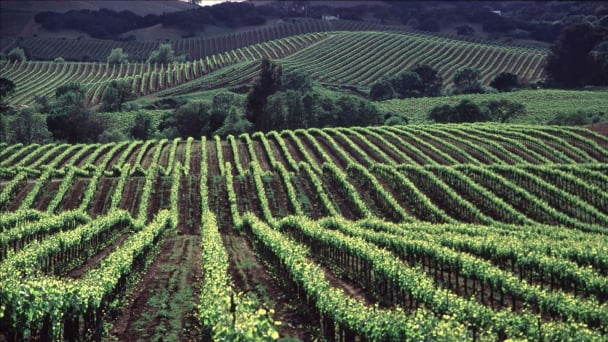
(VAN) California's $59 billion agriculture industry faces serious disruption as the U.S. clashes with China - one of the state's major export markets.
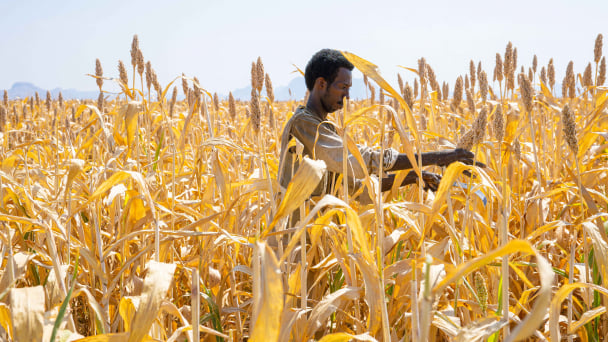
(VAN) Five things you should know about Sudan's food security crisis.
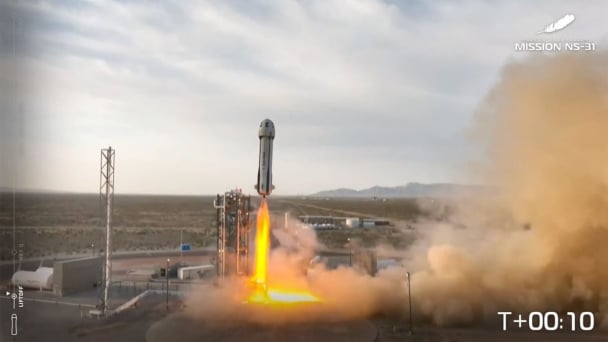
(VAN) 169 lotus seeds selected by the Vietnam Academy of Agricultural Sciences were carried into space by Vietnamese-American astronaut Amanda Nguyen.
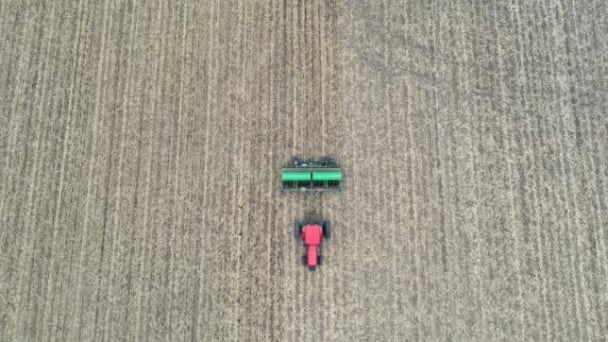
(VAN) Tariffs are making life more expensive for John Pihl. He's been farming in Northern Illinois for more than 50 years.
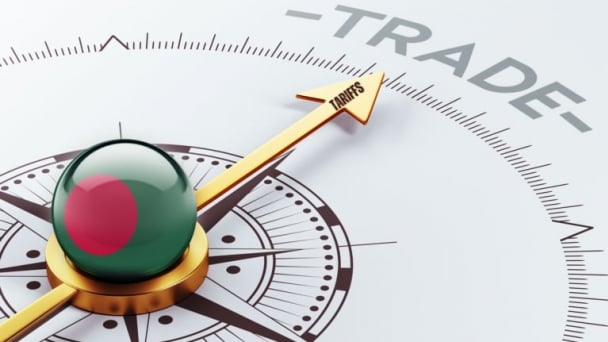
(VAN) European and American farmer organisations are concerned about the import tariffs that the United States introduced on 9 April for products from the European Union. This makes them 20% more expensive.

(VAN) Global poultry trade is expected to remain strong amid relatively tight global protein supply and growing consumption, RaboResearch concludes in its latest animal protein report.
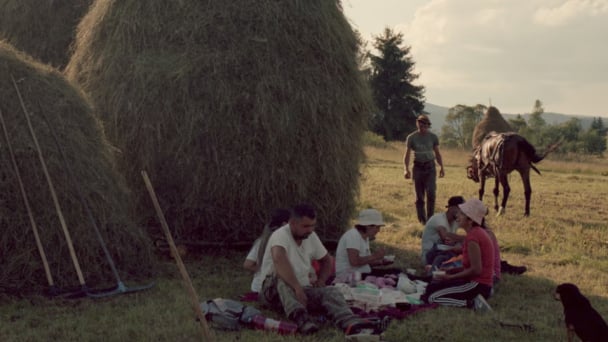
(VAN) Traditional methods benefit hundreds of species but as new agricultural techniques take over, the distinctive haystacks mark a vanishing way of life.